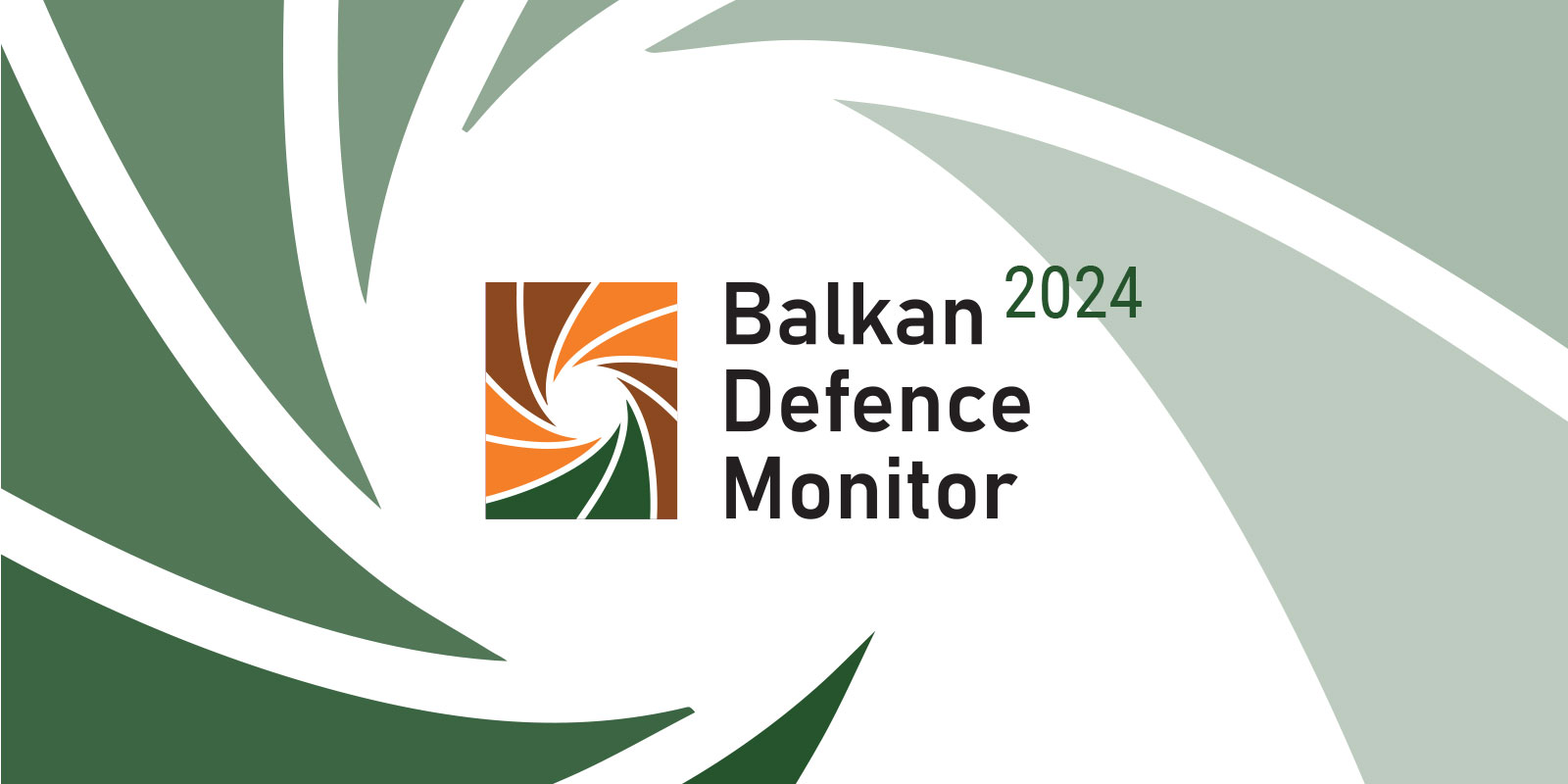PUBLICATION: Yearbook
Police 2000-2008
The police in Serbia has come a long way since 2001 and new democratic foun-dations have been laid upon which the police can fulfil their duty to serve the country’s citizens. There have been four crucial changes.
First, there is greater cooperation with the international community. Second, has been the ‘return of brainpower instead of force.’ In other words there is more capacity within the criminal investigation police compared to the Milošević period. Third, police identity hasbeen redefined from that of an instrument of coercion to one which serves the public. Finally, there is a legal and strategic framework for regulating police work. However, thekey question remains whether these reforms are enough to ensure that the police no longer hinder broader processes of democratisation.
DETAILS
AUTHORS
SHARE
PDF PREVIEW
RELATED

Date: 26.03.2025.
Author: Isidora Stakić |
Human rights defenders are people who act, individually or jointly, to advance human rights and fundamental freedoms and fight for their protection at the local, national and international levels.

Date: 13.06.2024.
Author: Jelena Pejić Nikić | Predrag Petrović |
There are many findings of domestic and foreign research organisations that unequivocally indicate that Serbia is a captured state, with a hybrid political regime. Security institutions play a major role in the capture of the state and the collapse of democracy in Serbia, as well as in preserving the situation the way it is.

Date: 27.02.2024.
Author: Belgrade Centre for Security Policy |
We present you the new Balkan Defence Monitor - independent and comprehensive source of information regarding defence topics in the region.



